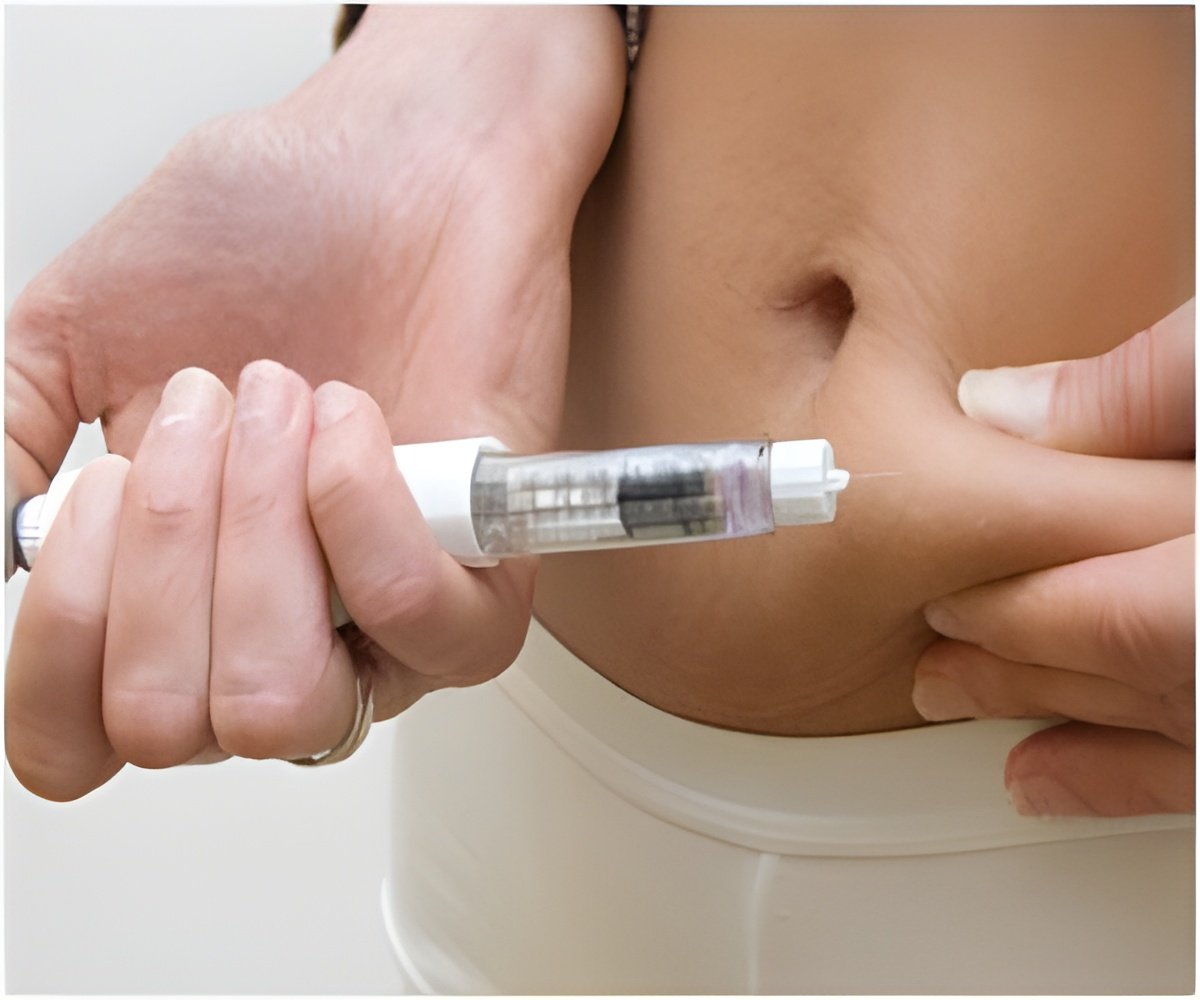Swings in blood glucose level, an enhancer of reactive oxygen species production increased when subcutaneous insulin infusion was done in mice.

‘Continuous administration of insulin subcutaneously, rapidly decreased oxidative stress in liver and plasma, but failed after longer diabetes status.’





Sigrist and colleagues at the European Center of Diabetes Study (CEED, Strasbourg, France) have reported in the January 2016 issue of Experimental Biology and Medicine that, in a diabetic rat model, a rapid increase of hepatic oxidative stress and inflammation biomarkers were observed, which is associated with drastic decrease of glycogen storage and protein synthesis. Continuous administration of insulin subcutaneously, using an osmotic mini-pump (CSII), rapidly decreased oxidative stress in liver and plasma, but failed after longer diabetes status. Moreover, hepatic and systemic inflammation was not prevented and a high variability of glycogen content was observed.
In fact, CSII was not able to preserve the balance of anti- and pro-oxidant species. "Favoring a more physiological pathway for insulin administration would be a real advantage for better glycemic control, preserving organs from glucotoxicity-induced disorders and oxidative stress" stated Stéphanie DAL. These data support, for the first time, that targeting oxidative stress and inflammation could be a new therapeutic approach since conventional insulin therapy does not allow protection of the liver from chronic diabetes effects.
Dr Steven R. Goodman, Editor-in-Chief of Experimental Biology and Medicine said "Dal et al have demonstrated the need for consideration of combining insulin with therapeutics directed towards inflammation and oxidative stress for diabetics".
Source-Eurekalert














